Home » The revolution in plant propagation: Pelemix coir grow cubes vs Rockwool
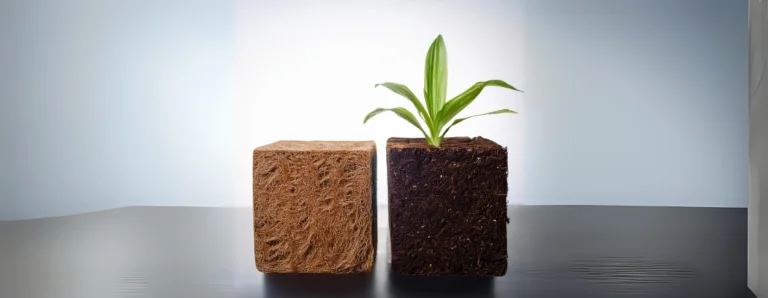
Pelemix coir grow cubes represent a notable innovation in the field of plant propagation and rooting of cuttings. In modern horticulture, choosing the right substrate is crucial to ensure healthy and robust development of plants from their initial stages. Coir, obtained from the mesocarp of the coconut, has been highlighted as a superior substrate due to its numerous beneficial properties. This organic and renewable material offers excellent water retention and remarkable aeration capacity, two essential factors for optimal root development.
Another significant advantage of coir is its ability to maintain a pathogen-free environment, thereby reducing the risk of diseases that could affect seedling growth. This is particularly important in the critical stage of rooting and propagation. Additionally, being a byproduct of the coconut industry, coir is a sustainable and environmentally friendly option. It is biodegradable, which means that it does not contribute to the accumulation of non-degradable waste in the environment.
Pelemix, a leading company in the production of high-quality coir substrates, has developed grow cubes specifically designed to maximize these advantages from one of its factories in Thailand. These grow cubes offer an optimal medium for rooting cuttings and germinating seeds, ensuring plants receive the best possible start. The combination of sustainability, effectiveness and ease of use makes Pelemix coir grow cubes a preferred choice for professional and hobby growers alike.
When choosing a substrate for plant propagation, both coir and rock wool grow cubes are popular options. However, there are significant differences between these two materials that can influence the grower’s decision.
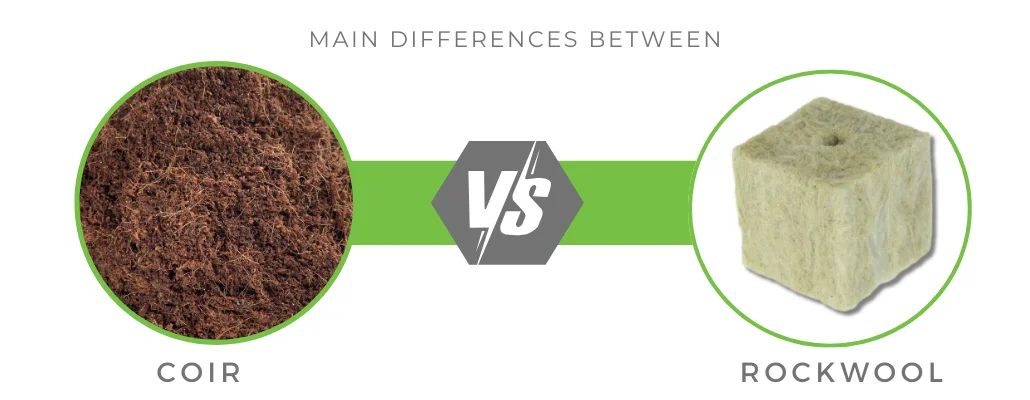
Table of Contents
ToggleCoir: Pelemix coir grow cubes stand out for their good water retention capacity, allowing plants to stay hydrated without the risk of waterlogging. Its porous structure also provides excellent aeration, essential for healthy root development.
Rockwool: Rockwool also retains water, but allows for faster drainage, which may result in the need for more frequent watering. Although it provides good aeration, the management of the balance between water retention and drainage must be more strict.
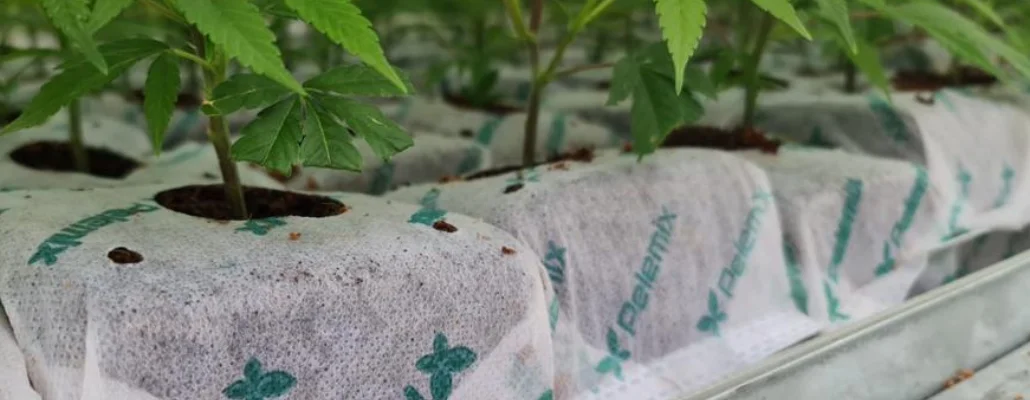
Figures: Pelemix Grow Cubes
In conclusion, Pelemix coir grow cubes offer numerous advantages over rock wool ones, including better water retention and aeration, a more favorable slightly acidic pH, a superior ability to retain and release nutrients, an environmental impact significantly smaller, allows a more natural transition to grow bags and presents cost savings taking into account its manufacturing process, as well as its logistical shipping.
For these reasons, Pelemix coir grow cubes are a superior option for plant propagation and rooting cuttings, offering benefits to both growers and the environment, improving plant health and growth.
The wide range of grow cubes available from Pelemix is shown in the picture below:
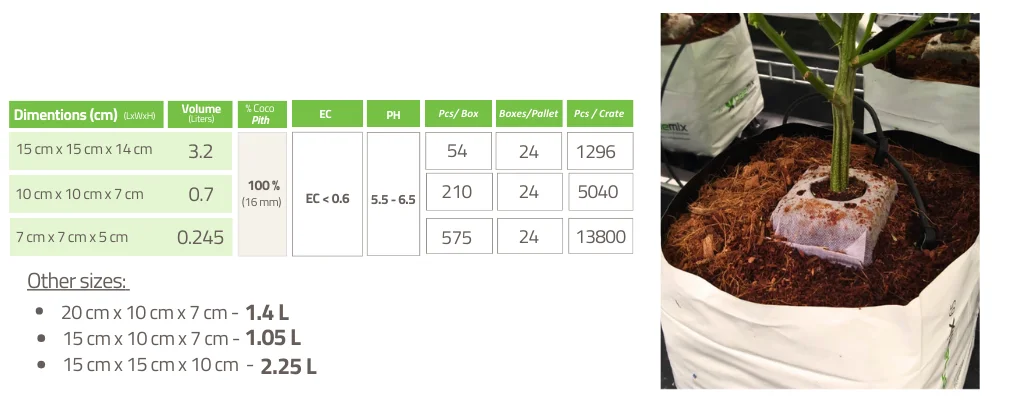
Figure: Product Range Pelemix Grow Cubes
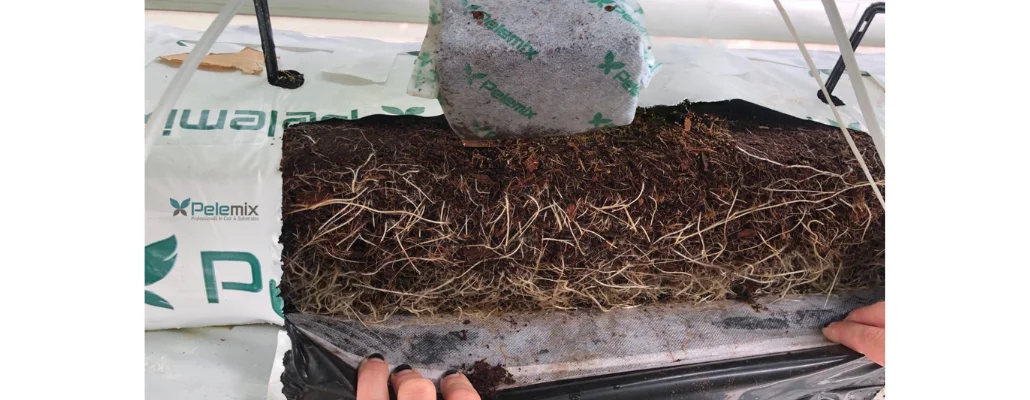
Figure: Grow Bag with filter + Grow Cube